Pneumatic Wheels: An Overview
Pneumatic wheels are a pivotal component in the realm of material handling equipment, offering versatility and functionality across various applications. These wheels are designed to absorb shocks and provide a cushioned ride, making them ideal for use on uneven surfaces. Their construction typically involves a rubber tire filled with air, mounted on a metal or plastic rim, which allows for smooth operation and maneuverability.
Types and Specifications
The diversity in pneumatic wheel types caters to a broad spectrum of machinery, from lightweight trolleys to robust forklifts. Sizes range widely, with smaller wheels measuring approximately 10 inches in diameter and larger ones extending up to 13 inches for more substantial equipment like wheelbarrows. The inner diameters and load capacities vary, ensuring that there is a wheel to suit the specific requirements of different material moving machines. The construction materials include rubber tires with either plastic or steel rims, each selected for durability and performance.
Applications and Features
Pneumatic trolley wheels are integral to the smooth operation of carts and trolleys, commonly found in warehouses and on construction sites. Their design allows for easy handling and movement of goods. In contrast, wheelbarrow tires are slightly larger to accommodate the additional weight and bulk of construction materials. For industrial settings, forklift solid tires are crafted to withstand heavy loads, with reinforced steel rings enhancing their strength. These wheels are non-inflatable, eliminating the risk of punctures and downtime due to tire maintenance.
Materials and Advantages
The materials used in pneumatic wheels are chosen for their resilience and capacity to withstand various weights and environmental conditions. Rubber provides flexibility and grip, while the combination of plastic and steel rims offers a balance between weight and structural integrity. The non-inflatable nature of certain wheels provides an added advantage in industrial environments where punctures can cause significant delays.
Complementary Products
In addition to pneumatic wheels, a range of complementary products is available to support the functionality of material handling systems. These include various forklift parts, conveyor belt components, and roller skate wheel conveyors. Each product is designed to integrate seamlessly with existing systems, ensuring efficient operation and longevity.
Choosing the Right Pneumatic Wheels
Selecting the appropriate pneumatic wheels requires consideration of the wheel size, load capacity, and the type of rim material that best suits the application. It is essential to match the wheel specifications with the demands of the equipment to ensure optimal performance and safety. With a comprehensive selection available, finding the right wheel to meet specific material handling needs is streamlined.







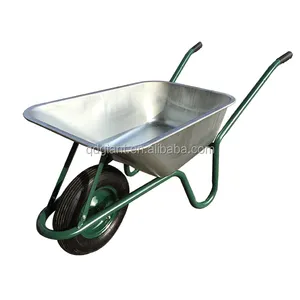
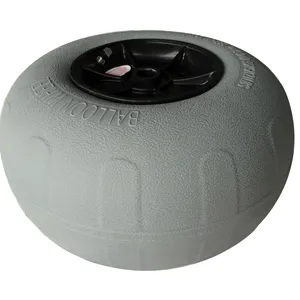





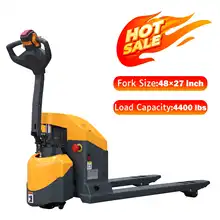
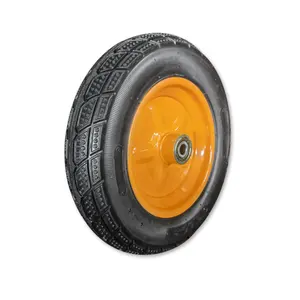

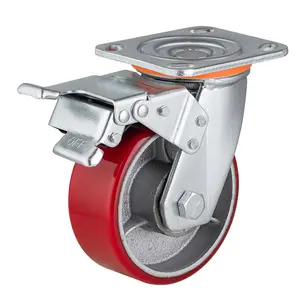












 浙公网安备 33010002000092号
浙公网安备 33010002000092号 浙B2-20120091-4
浙B2-20120091-4